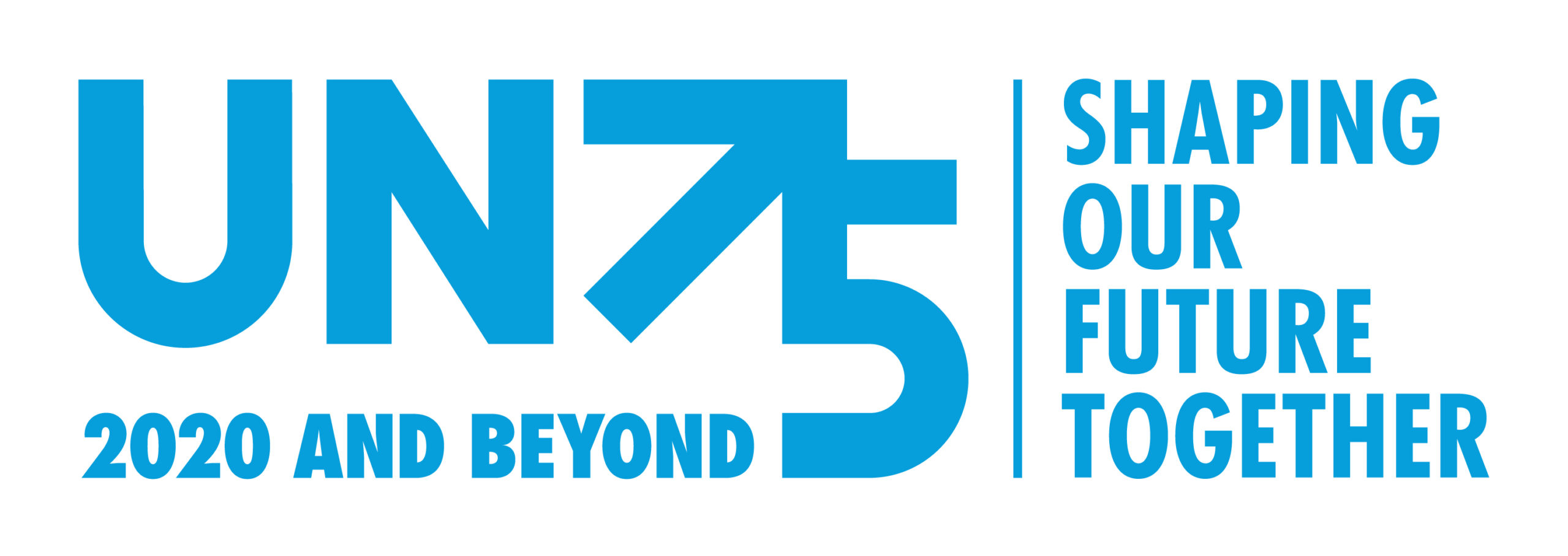
LifeWatch ERIC was represented on Friday 10 October, 2020, at another international online workshop by Chief Technology Officer Dr Juan Miguel González-Aranda. Entitled Space and SDG 2030, and organised by Science Digital @ UNGA 75, the forum discussed how to frame the contribution of space technologies to the attainment of the United Nations Sustainable Development Goals (SDGs), and featured contributions from Ireland, Germany, Spain, the Netherlands, Canada, Nicaragua, and the UN.
Dr González-Aranda’s presentation at UNGA 75 started from the premise that human well-being depends on healthy ecosystems and that LifeWatch ERIC’s work, in assessing and monitoring ecosystem functions to understand the underlying ecological processes of biodiversity, is critical to achieving the UN’s Sustainable Development Goals.
Using Tesseract VRE, the product-framework being deployed to build large-scale virtual research environments, and LifeBlock, the blockchain technology to guarantee the provenance and persistence of evidence, LifeWatch ERIC is using remote sensing information from space to providing science-based management frameworks, tools and mechanisms.
Working with other Research Institutes, and offering expertise on cross-border initiatives, as in EU-LAC and EU-AFRICA, LifeWatch ERIC is applying Artificial Intelligence and Big Data services to enable faster and more accurate detection and identification of species. This helps the United Nations Office for Outer Space Affairs -UNOOSA-, for example, to link space and wildlife communities and understand what is going on. By assisting international agencies and building citizen awareness, these operations contribute critically to preserving the planet.